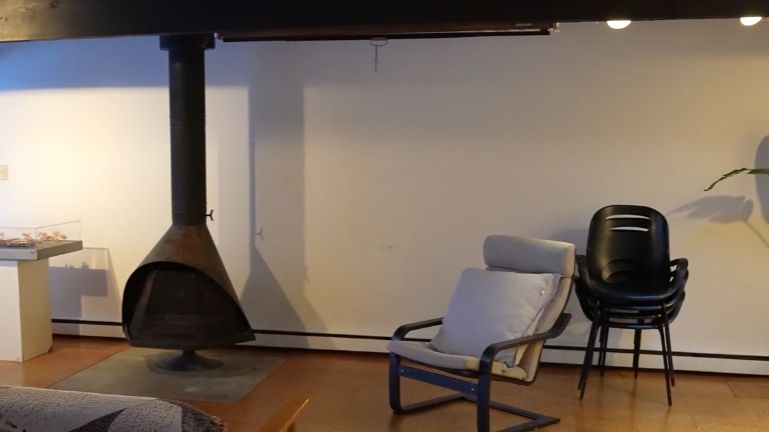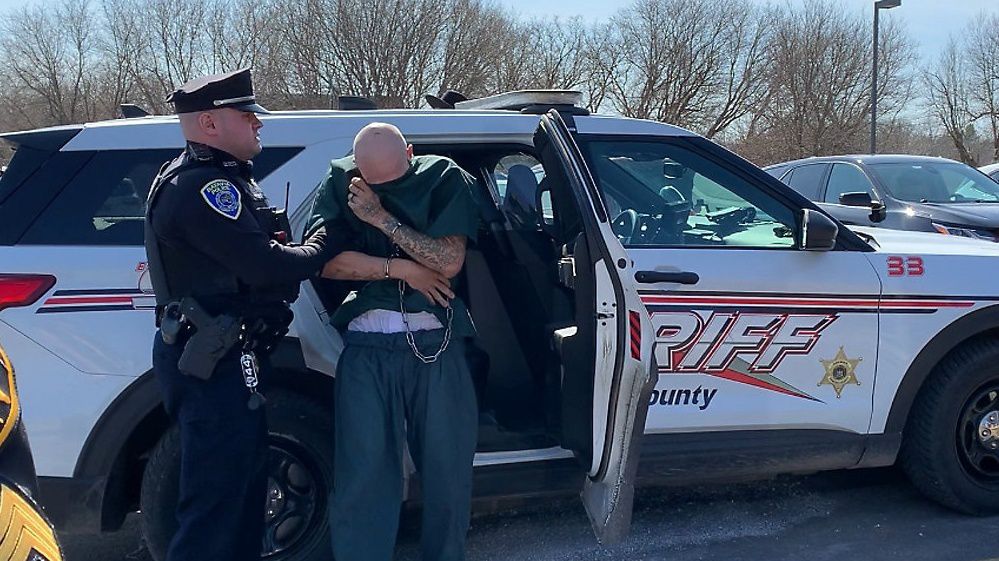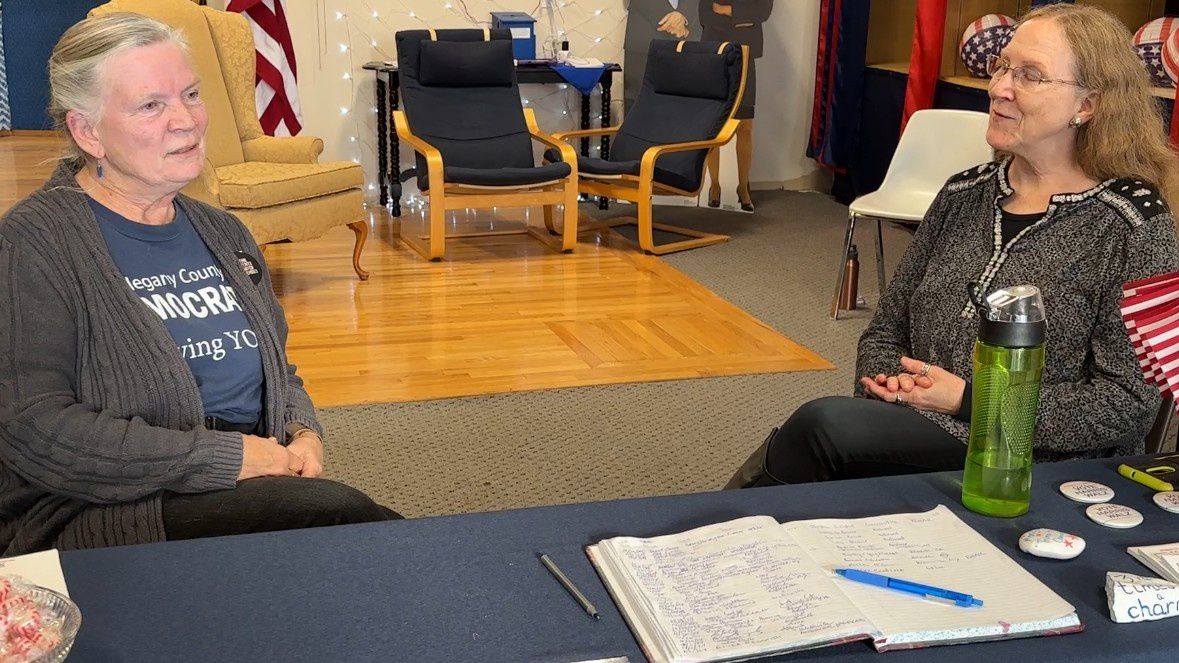BUFFALO, N.Y. — Getting screened for colon cancer is just like getting regular doctor checkups or going to the dentist.
“It's a matter of just being healthy, right? And being proactive to stay healthy,” said Ann-Marie John, director of health prevention and wellness for the Community Health Center of Buffalo.
Early screening can be one of the biggest factors in combating colon cancer.
“It's the second leading cause of death in the country," John said. "And, it's deaths that could be prevented or delayed with early intervention, like screening."
Screenings vary from noninvasive to invasive depending on severity. Some groups like Black men and women have a higher risk of colon cancer, according to the National Library of Medicine, and socioeconomic status can have a major impact on risk as well.
“Access to a whole lot of things, access to foods that can really help with colon health, meaning rich and fiber, health literacy becomes another barrier that our population faces,” said John.
The American Cancer Society recommends starting screening at 45 unless other factors such as family history of cancer or symptoms suggest getting screened earlier.
“You notice that usually [people have] a bowel movement every day [or] every other day. Now, [you might say] 'I've gone a week, and I haven't had a bowel movement, or my stool usually looks this shape. Now it looks like the shape of a pen or pencil.' So, [look for] any change in the body at all," John said.
Health experts emphasize that early screening saves lives every day.
“Health insurance should never be a barrier to you having your annual exam,” John said. “Once something is detected early, there's a 90% chance or better of some sort of intervention preventing deaths. So that's a big deal.”











